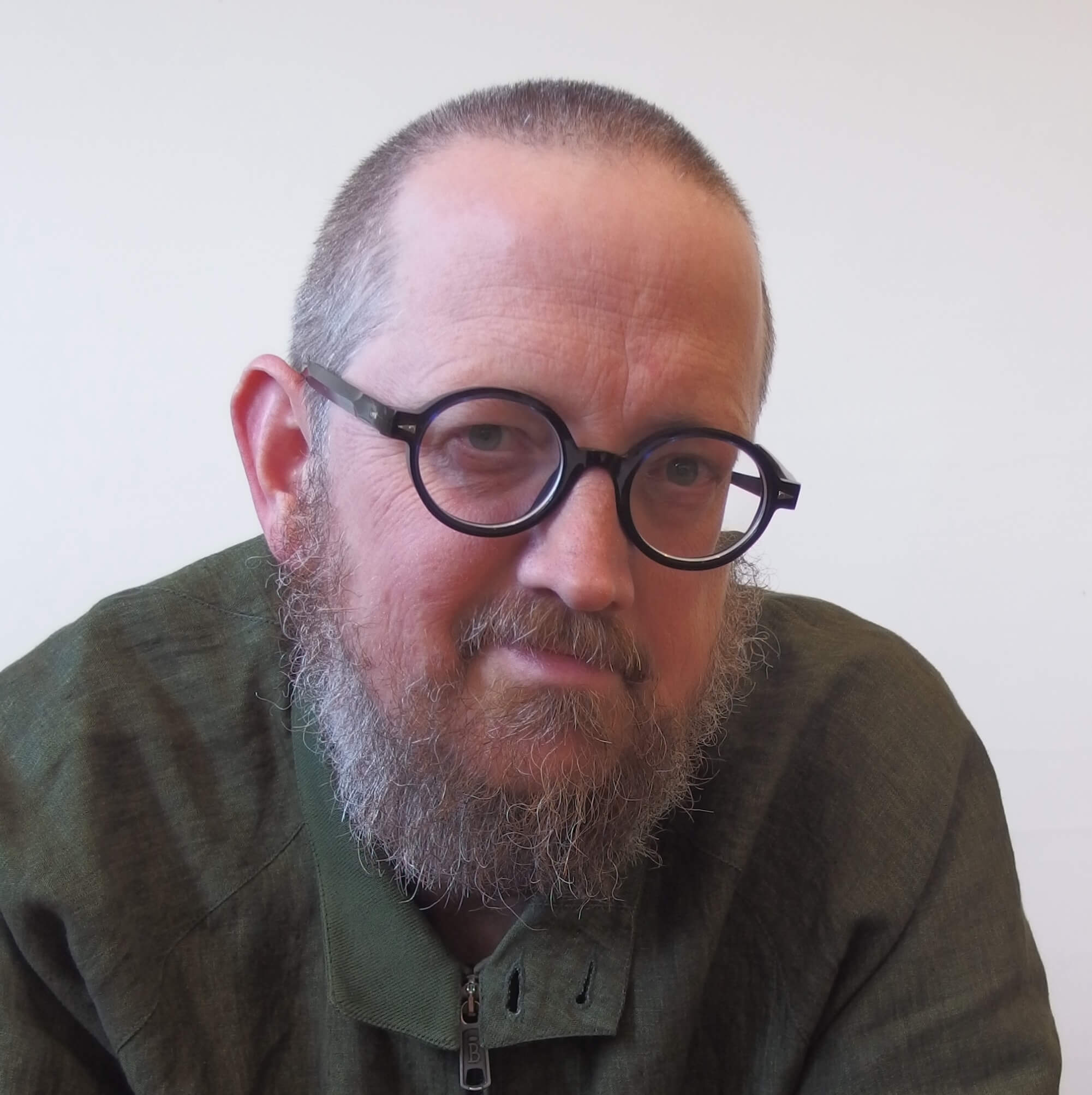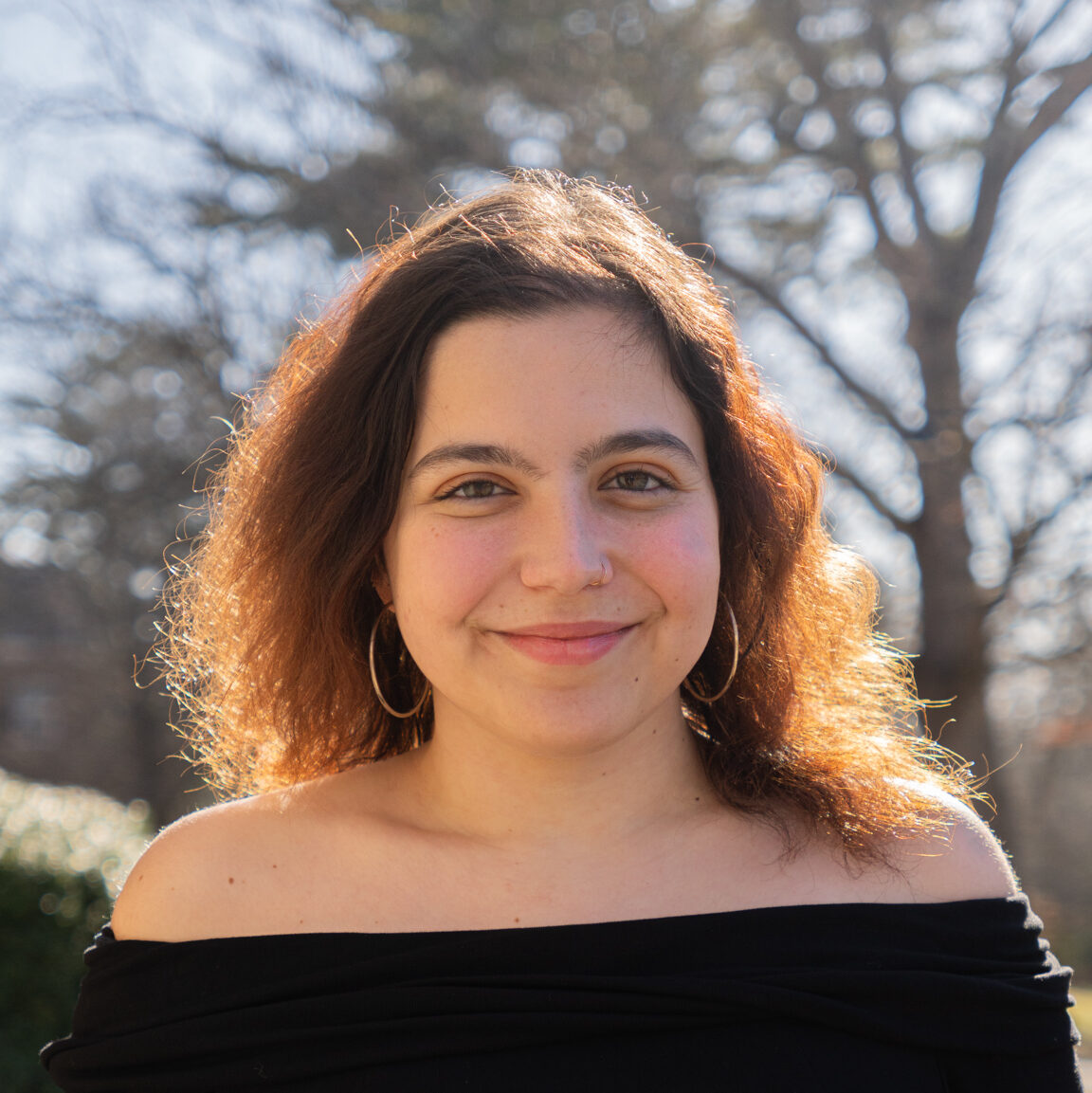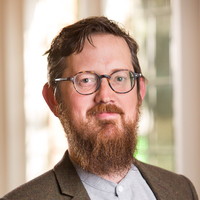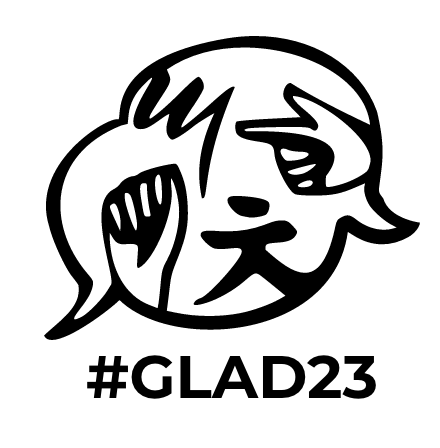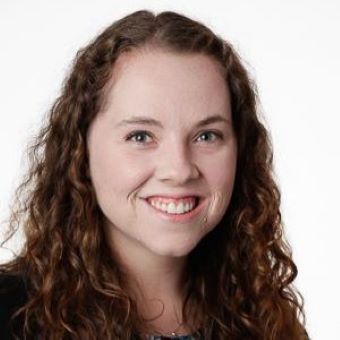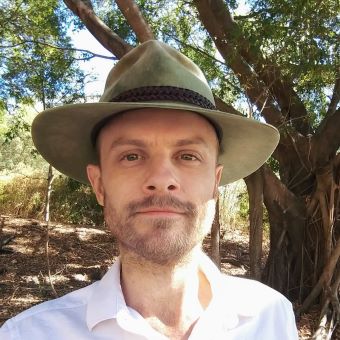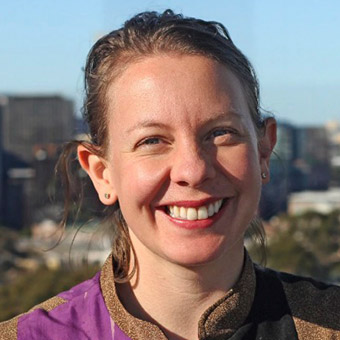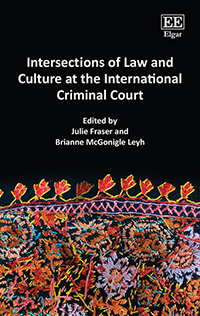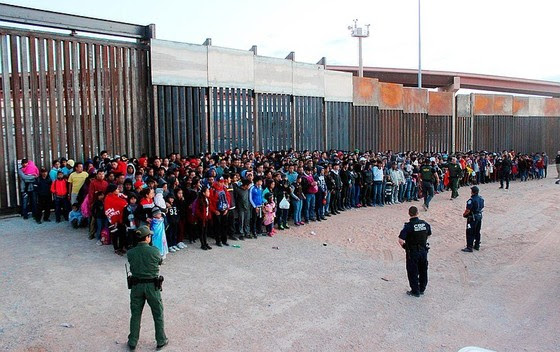Area of Interest: Human and language rights
-
November 2024: Language as a Matter of Life and Death
This month’s Spotlight was contributed by Gerald Roche. He is a political anthropologist based at La Trobe University, Australia, and his work focuses on the intersections of language and power. He previously edited the Routledge Handbook of Language Revitalization, and he has recently published articles in Language in Society, State Crime Journal, and Emancipations: A…
-
October 2024: A Global Platform for Promoting African Languages: the AFLC Story
This month’s commentary is contributed by Avishta Seeras. The African Languages Conference (AFLC) was born out of a shared passion for the promotion and preservation of Africa’s rich linguistic heritage. In a world where languages are increasingly endangered, AFLC emerged as a beacon of hope for the continent’s languages. Founded by myself and Ady Namaran…
-
August 2024: The Bridge as a Cultural Confluence: Interpreting Language and Justice in Kakuma Refugee Camp
This month’s Spotlight was prepared by Ifigeneia Gianne, an undergraduate student at Bard College who is majoring in Anthropology and Theater. As an international student from Greece, Ifigeneia is no stranger to issues of language and culture. As part of her studies, she has had the opportunity to closely analyze a recent film that introduces…
-
April 2024: Announcing the Language Rights Defenders Award
This month’s Spotlight on Language, Culture and Justice is contributed by Dr. Gerald Roche, Anthropologist and Associate Professor in the Department of Politics, Media, and Philosophy at La Trobe University. Gerald is a founding co-chair of the Global Coalition on Language Rights and has established the Coalition’s new Language Rights Defenders Award. Nominations for this…
-
March 2023: ‘#GLAD23 offers diverse perspectives on the importance of language rights’
This month’s Spotlight provides a brief overview of the recently concluded Global Language Advocacy Day 2023 (#GLAD23), organized by the Global Coalition for Language Rights. This year’s GLAD theme was Language Rights Save Lives. The Coalition works at the intersection of language, digital and human rights. Its aims are: · To support global efforts towards increasing access to critical…
-
October 2022: “The Global Coalition for Language Rights”
This month’s feature is contributed by the co-chairs of the Global Coalition for Language Rights, Lucio Bagnulo, Veronica Costea, and Gerald Roche. They introduce our readers to an exciting and much needed initiative. The early period of the covid pandemic was a strange time of simultaneous isolation and connectivity, as we all bunkered down at…
-
May 2022: “Linguistic Refoulement: Exploring the Intersection Between Language and Asylum”
This month’s feature is a blogpost about the work of Language, Culture and Justice Hub member Katie Becker, who volunteers with Respond Crisis Translation. Becker recently graduated with a Master of Arts in Global Security and Borders from Queen’s University Belfast. Her master’s dissertation, (In)credible Fear: Linguistic Refoulement and Indigenous-Language Speakers at the U.S.-Mexico Border, was inspired by her work…
-
October 2021: ‘Supporting two-way communication with police in Western Australia: new translation app helps to identify need for Aboriginal interpreters’
By Alex Bowen, Linguist and Trainer, Aboriginal Interpreting Western Australia; PhD Student, University of Melbourne Aboriginal Interpreting Western Australia (AIWA) recently worked with the Western Australia Police Force to develop an app which could signal a new direction in communication with Aboriginal people who are arrested. The app, which police have on their phones, delivers…
-
July 2021: “Language Rights in a Changing China: A National Overview and Zhuang Case Study”
A new book by Language, Culture and Justice Hub member Alexandra Grey has just been published (Contributions to the Sociology of Language #113, De Gruyter Mouton 2021). Language Rights in a Changing China is the culmination of eight years of research, including fieldwork in four provinces across the People’s Republic of China. The book examines the constitutional minority language rights…
-
November 2020: “Book Unpacks Crucial Ways in Which Law and Culture Are Intertwined”
This month’s Spotlight is contributed by Language, Culture and Justice Hub members Julie Fraser and Brianne McGonigle Leyh of Utrecht University. We are pleased to present our new edited volume Intersections of Law and Culture at the International Criminal Court, published in October by Edward Elgar Press. This book takes as a premise that notions of culture affect the legal foundations,…
-
March 2020: “Searching for Language to Describe Discrimination on the Basis of Work and Descent”
This commentary was contributed by Hub member Rajesh Sampath, associate professor of the philosophy of justice, rights and social change at the Heller School for Social Policy and Management at Brandeis. I am a part of an international group of NGO leaders, activists, scholars, artists and former heads of minority rights divisions of major multilateral institutions.…
-
October 2019: ‘Exploring Interpretation as a Right in the Context of Migration’
The Trump administration recently decided that providing in-court interpretation during initial-phase immigration proceedings represents an unnecessary expense in an already bogged-down system. Migrants will be shown a film explaining legal procedures in a variety of languages but will not be able to ask questions and receive more information on the spot. According to the San Francisco…
